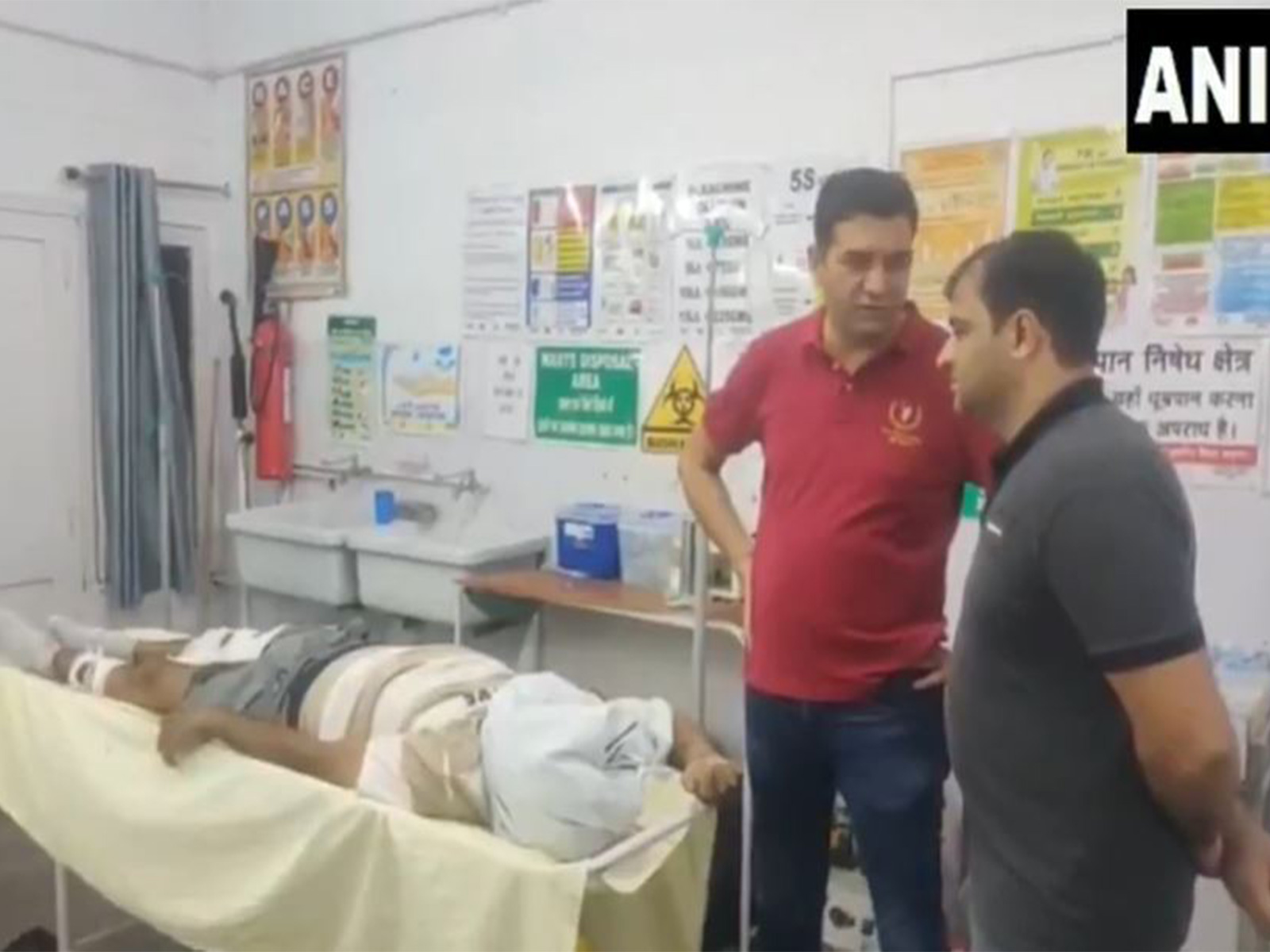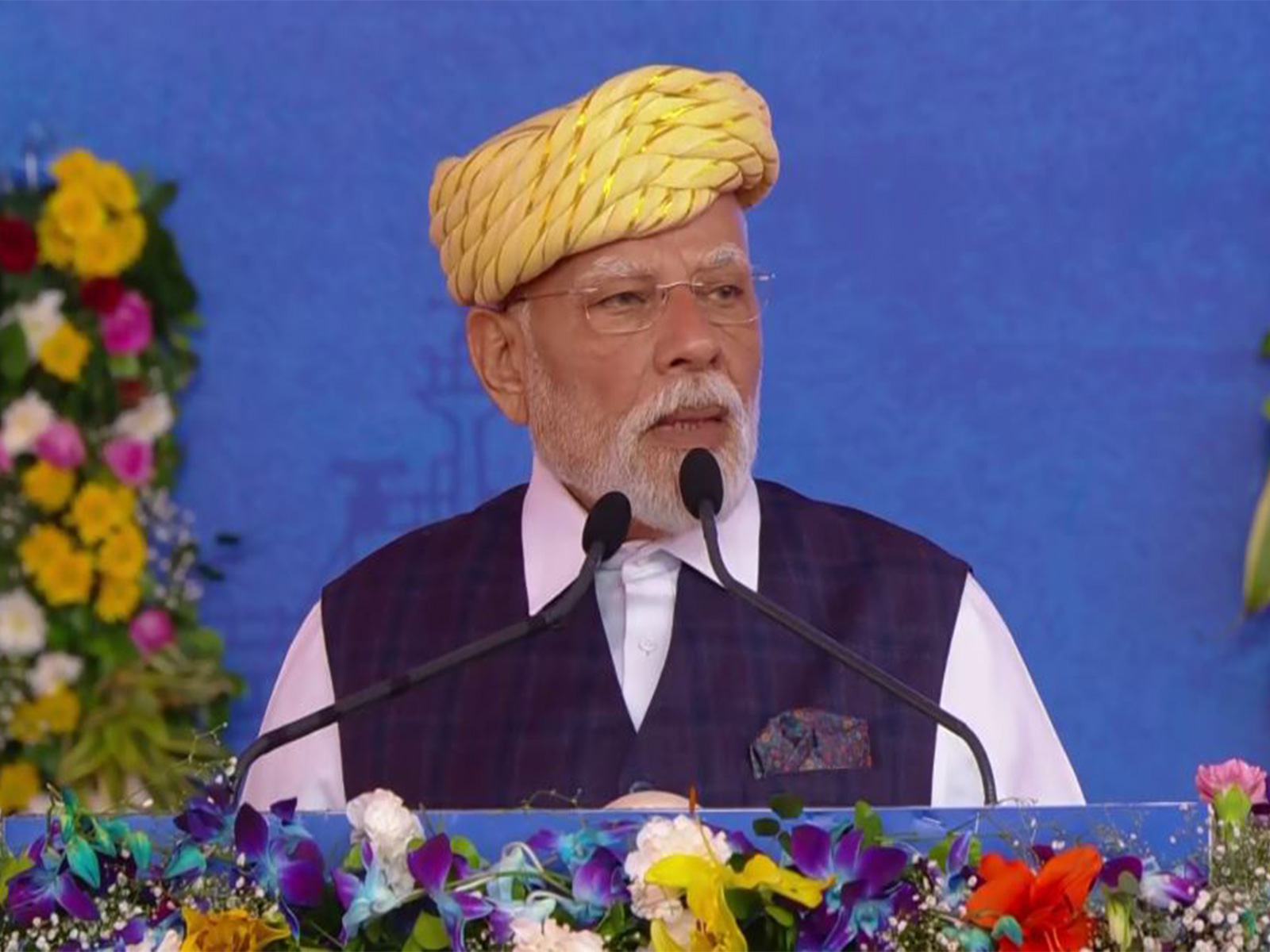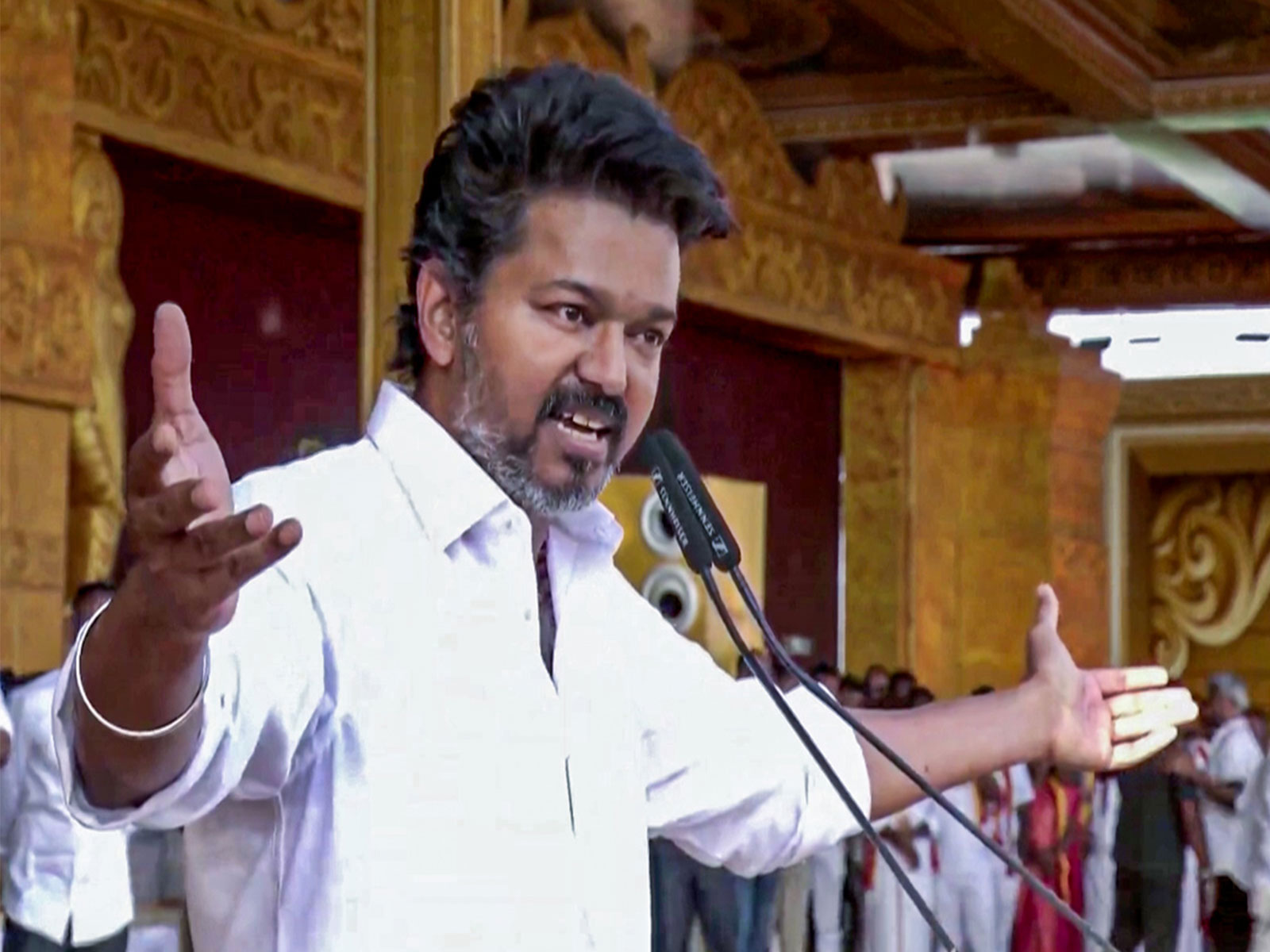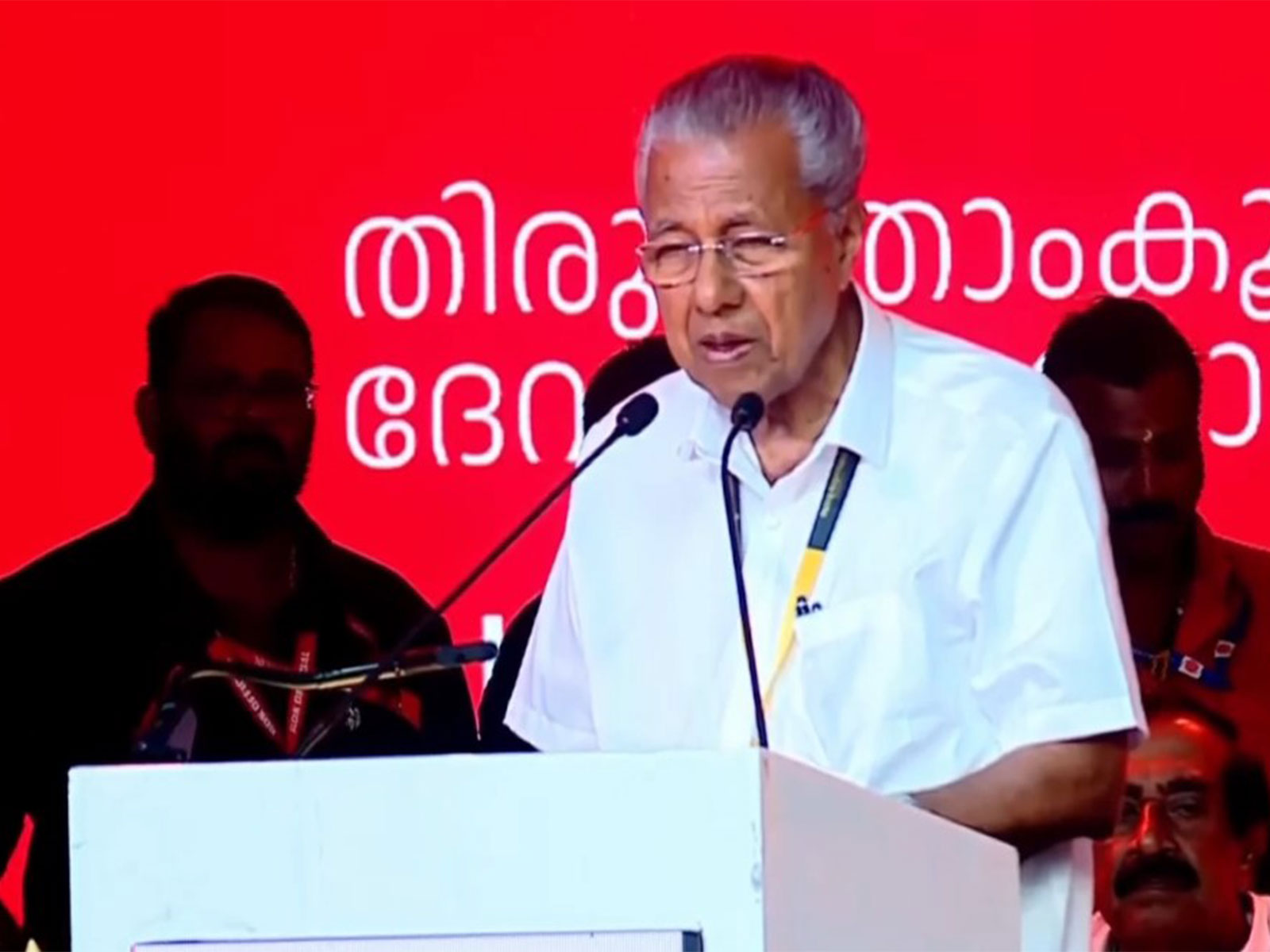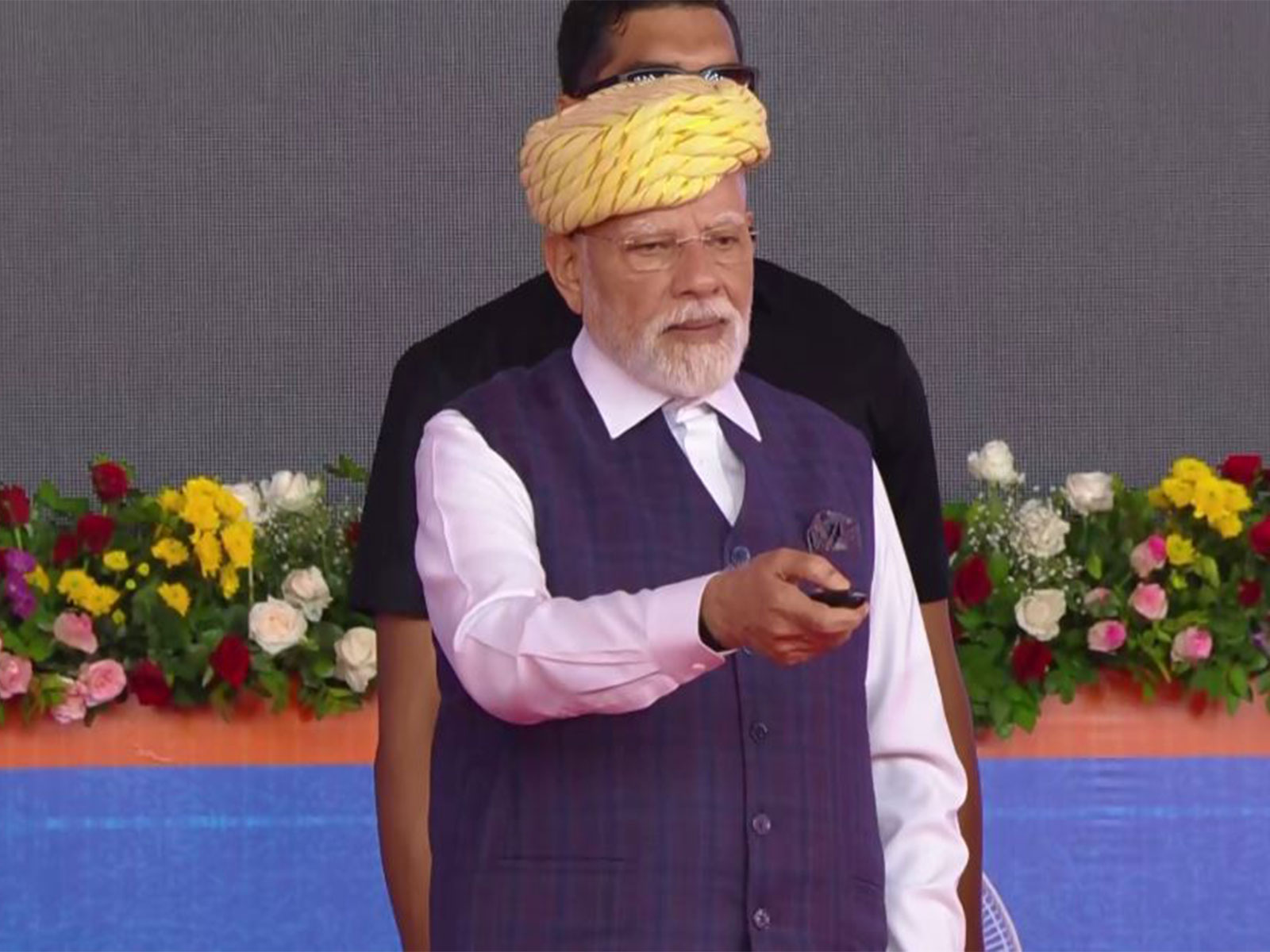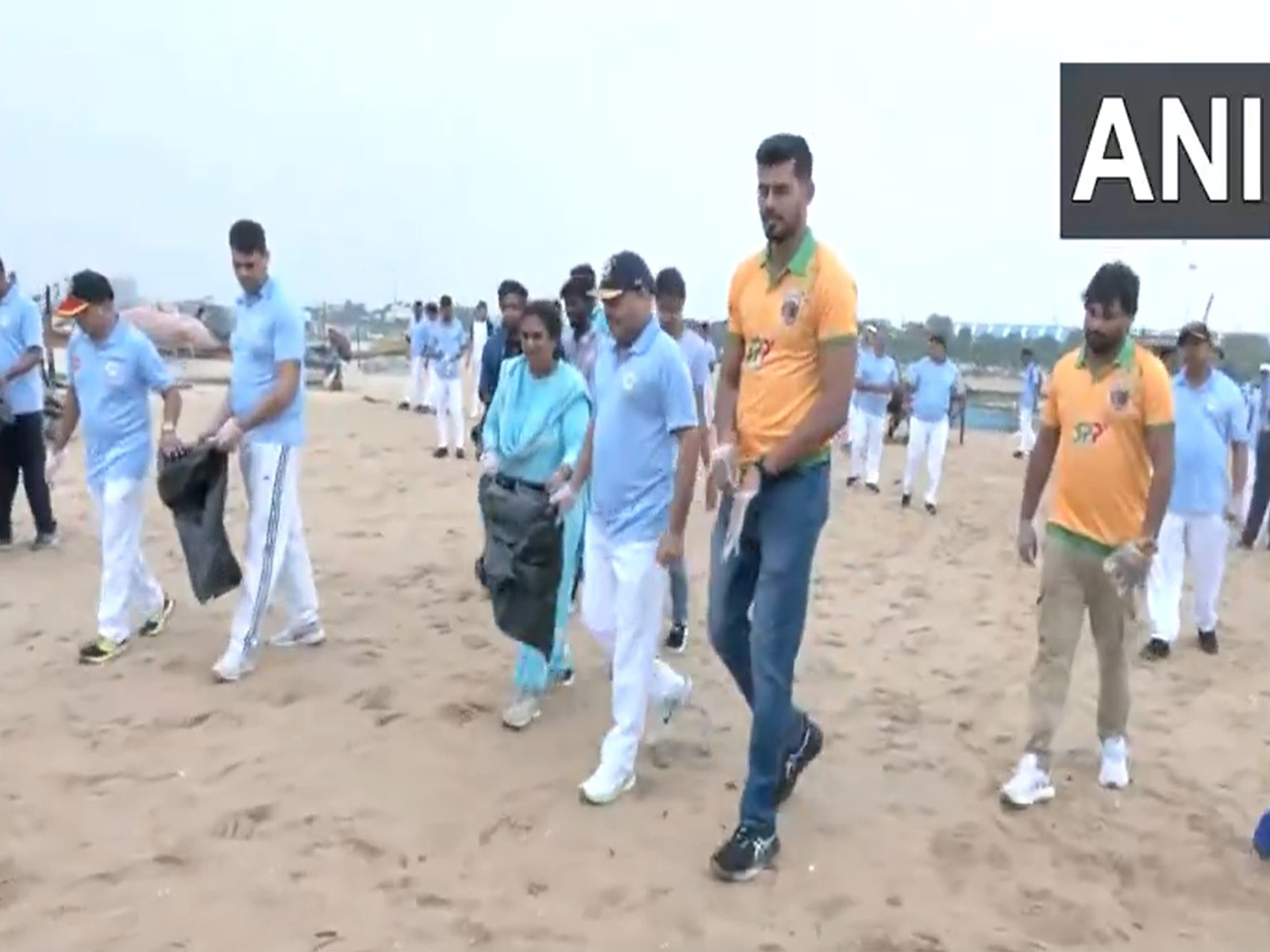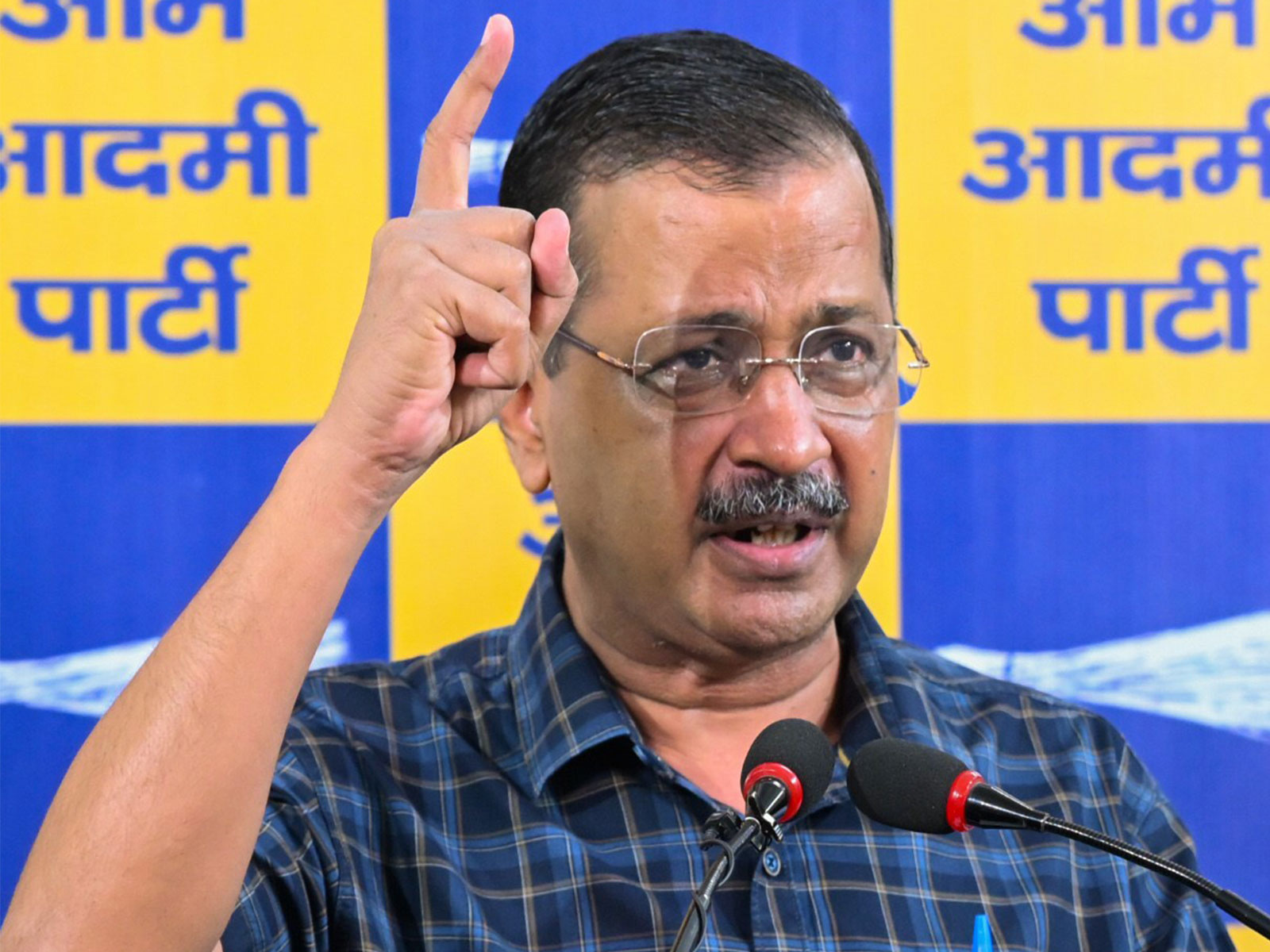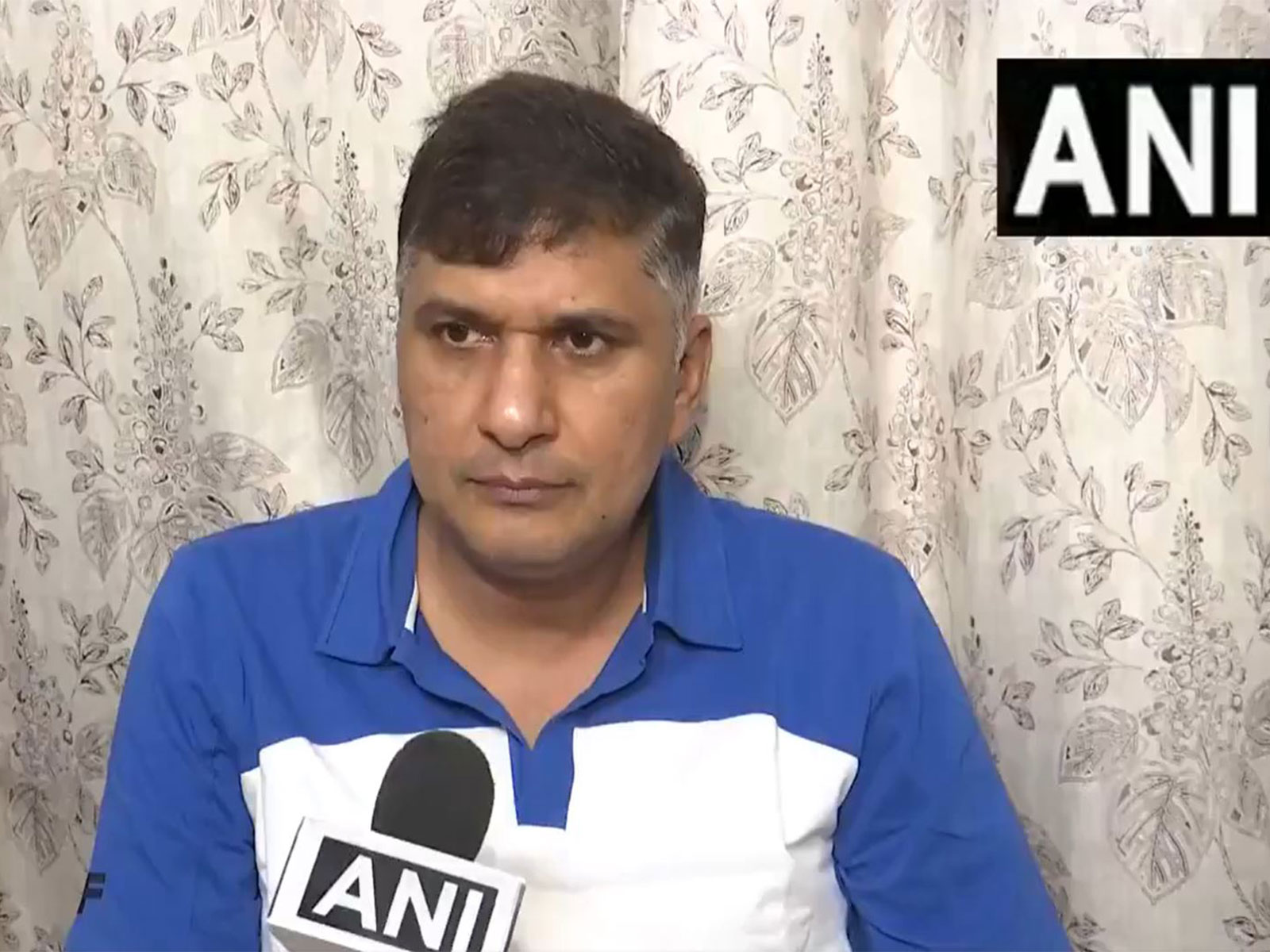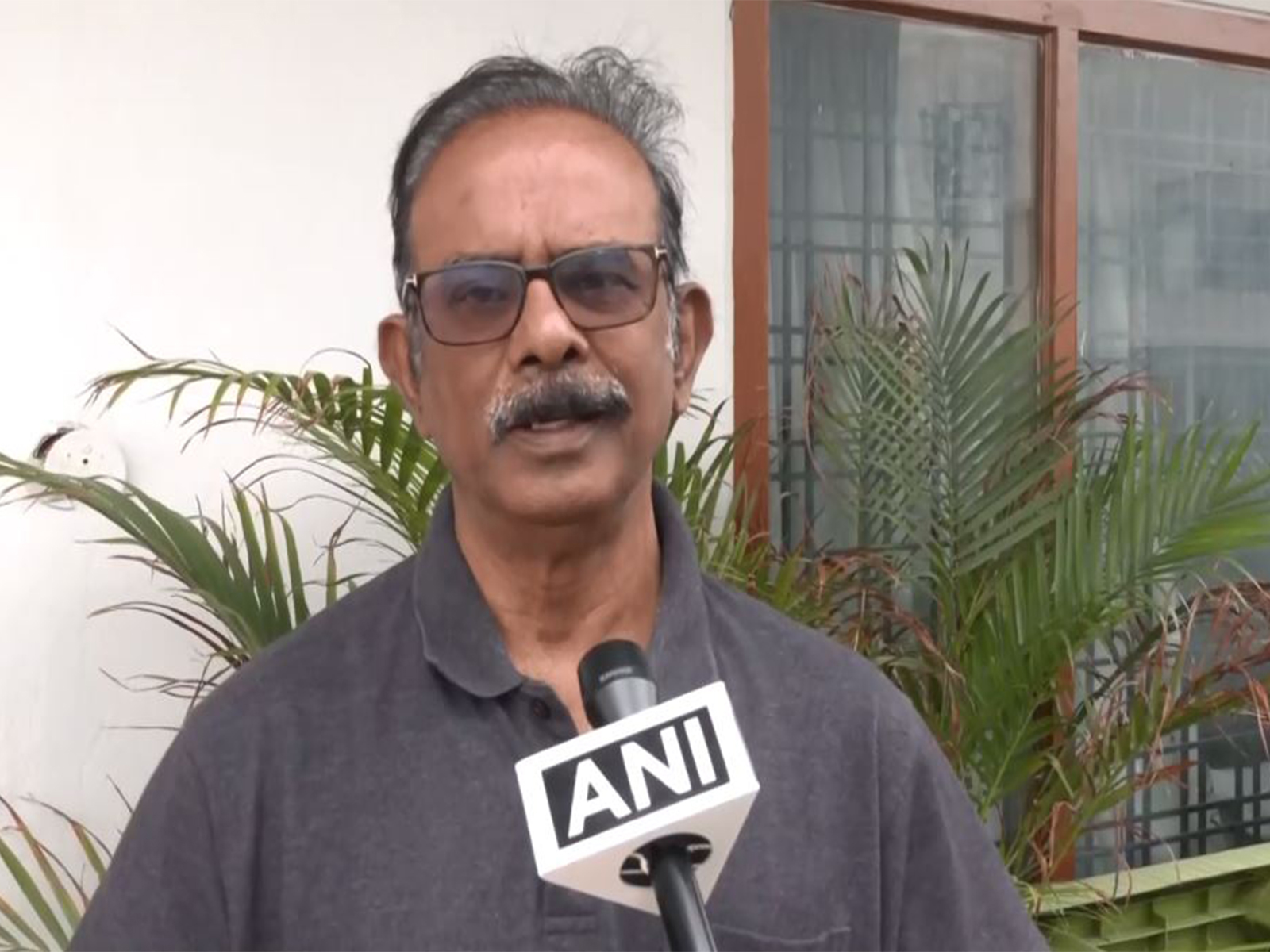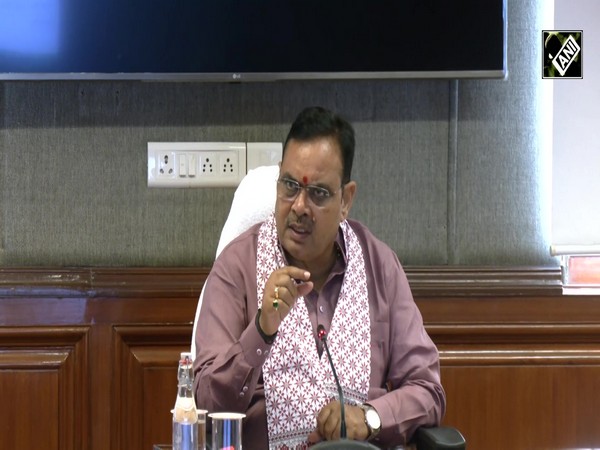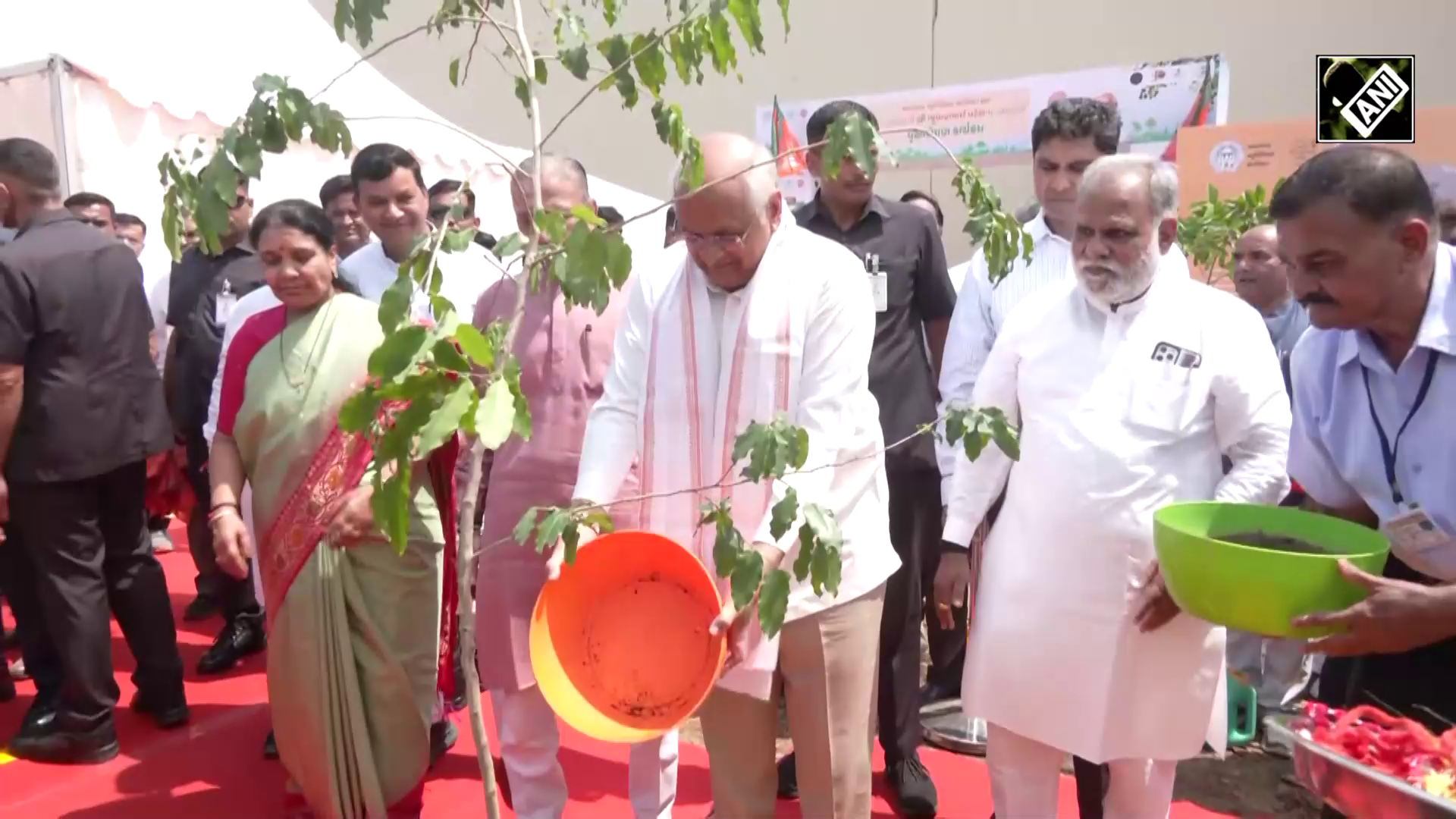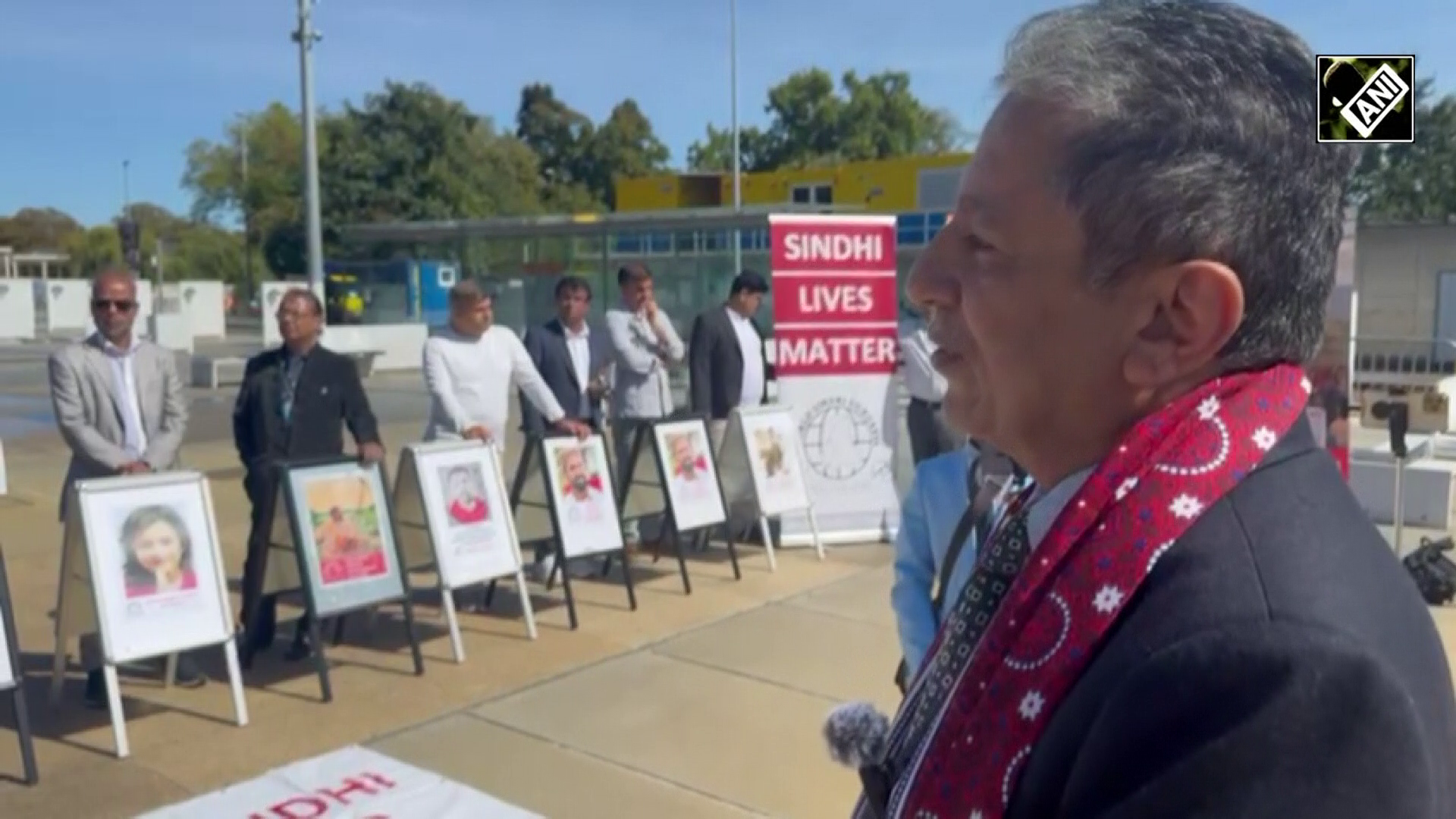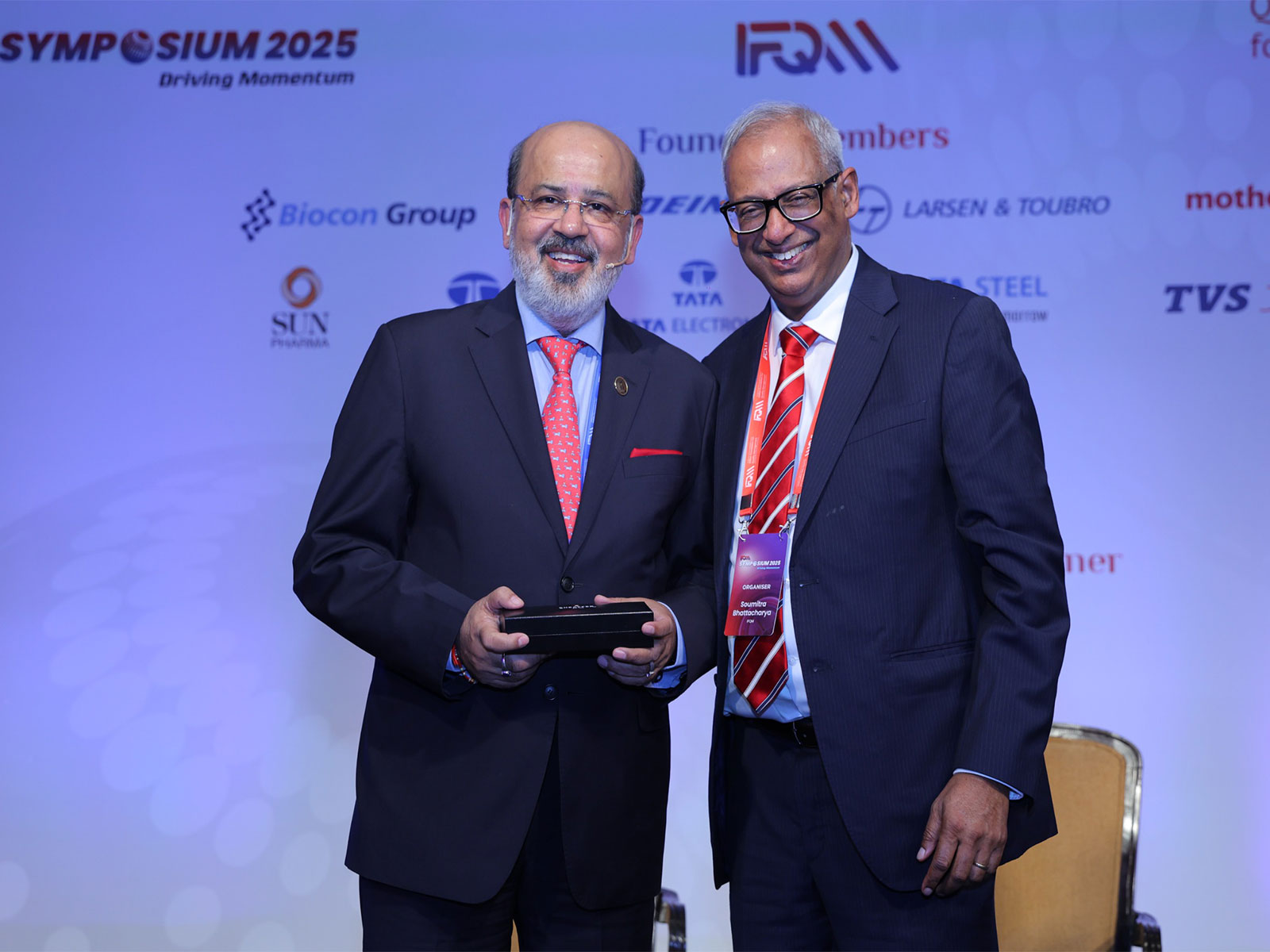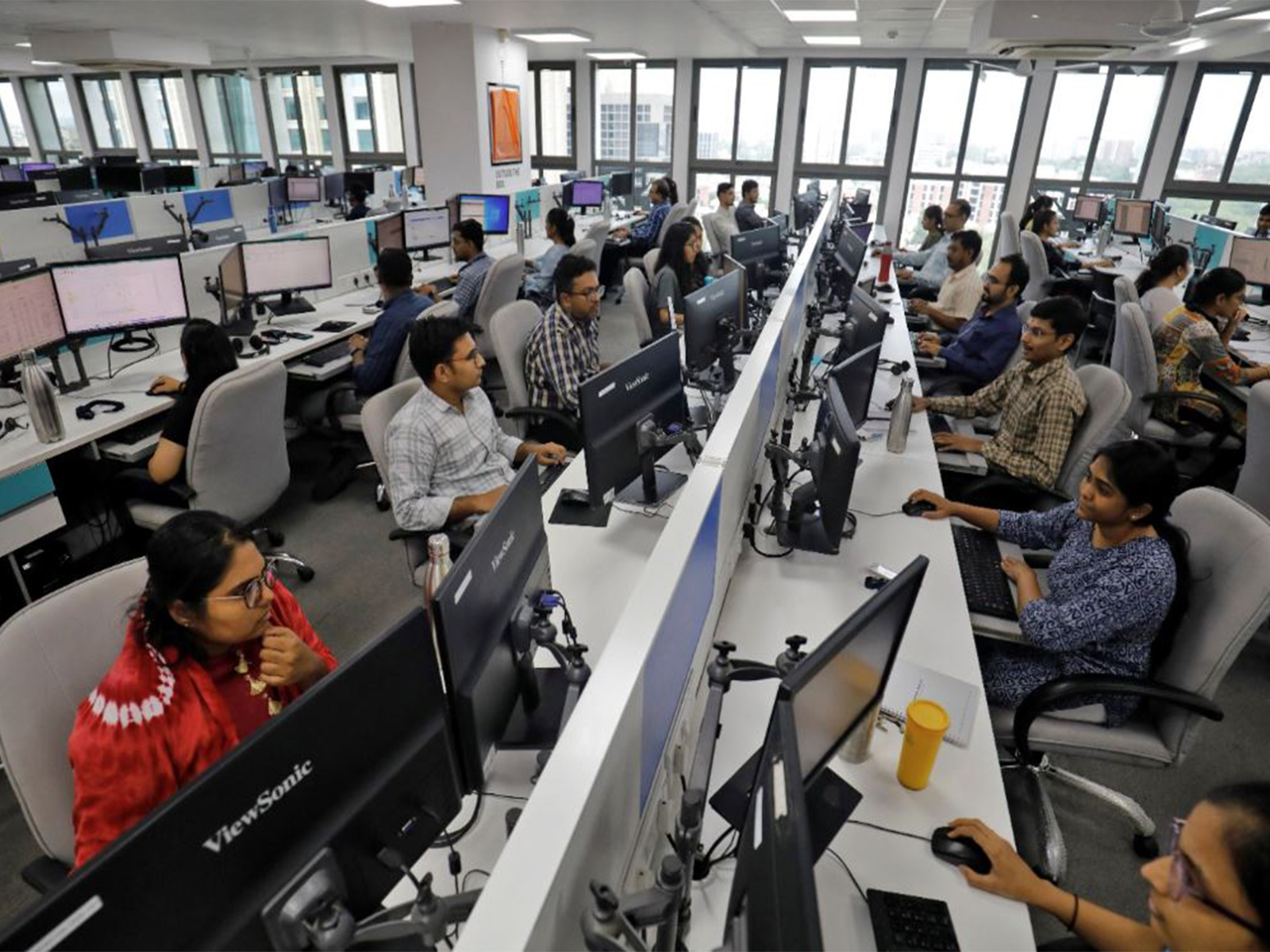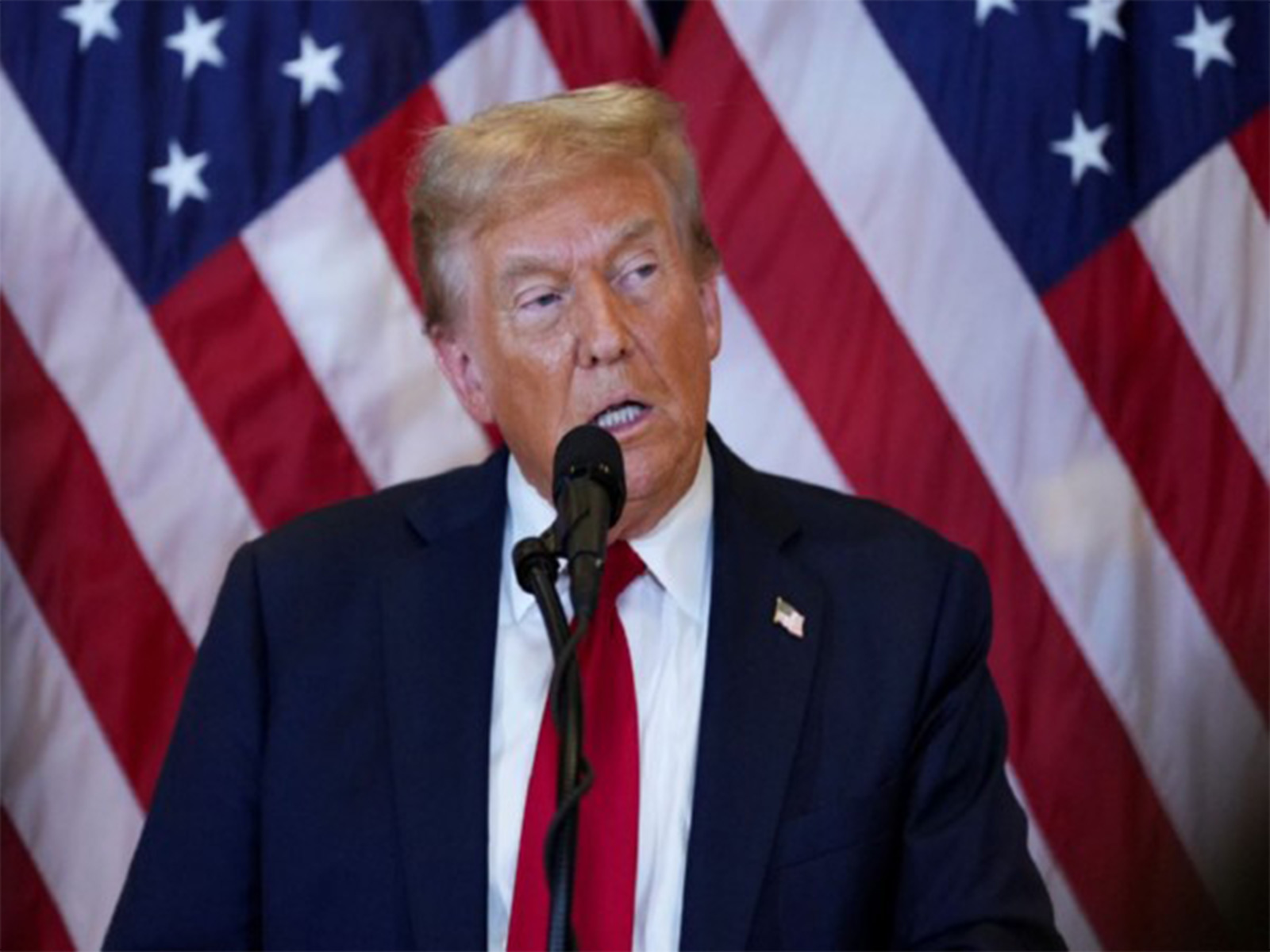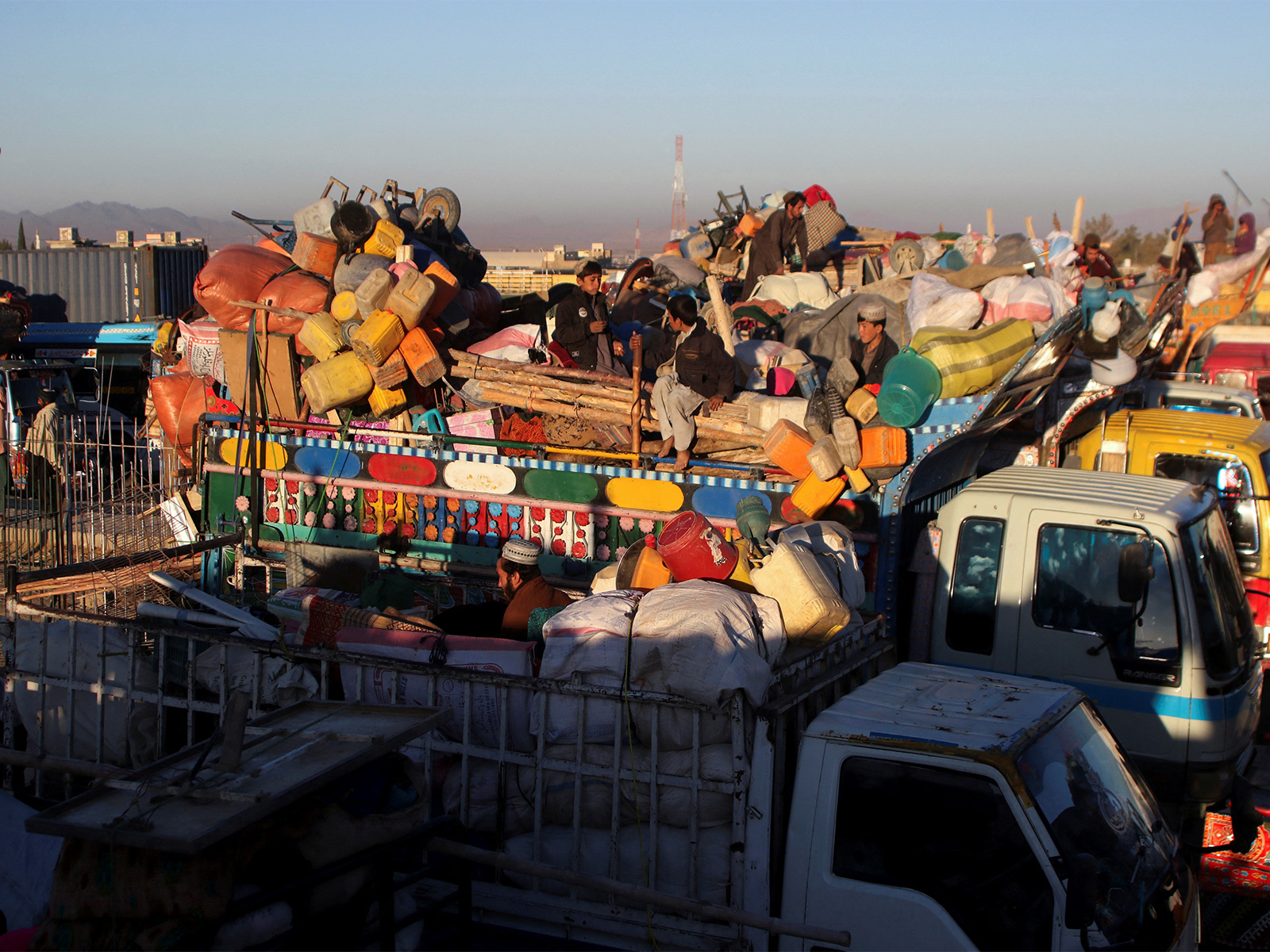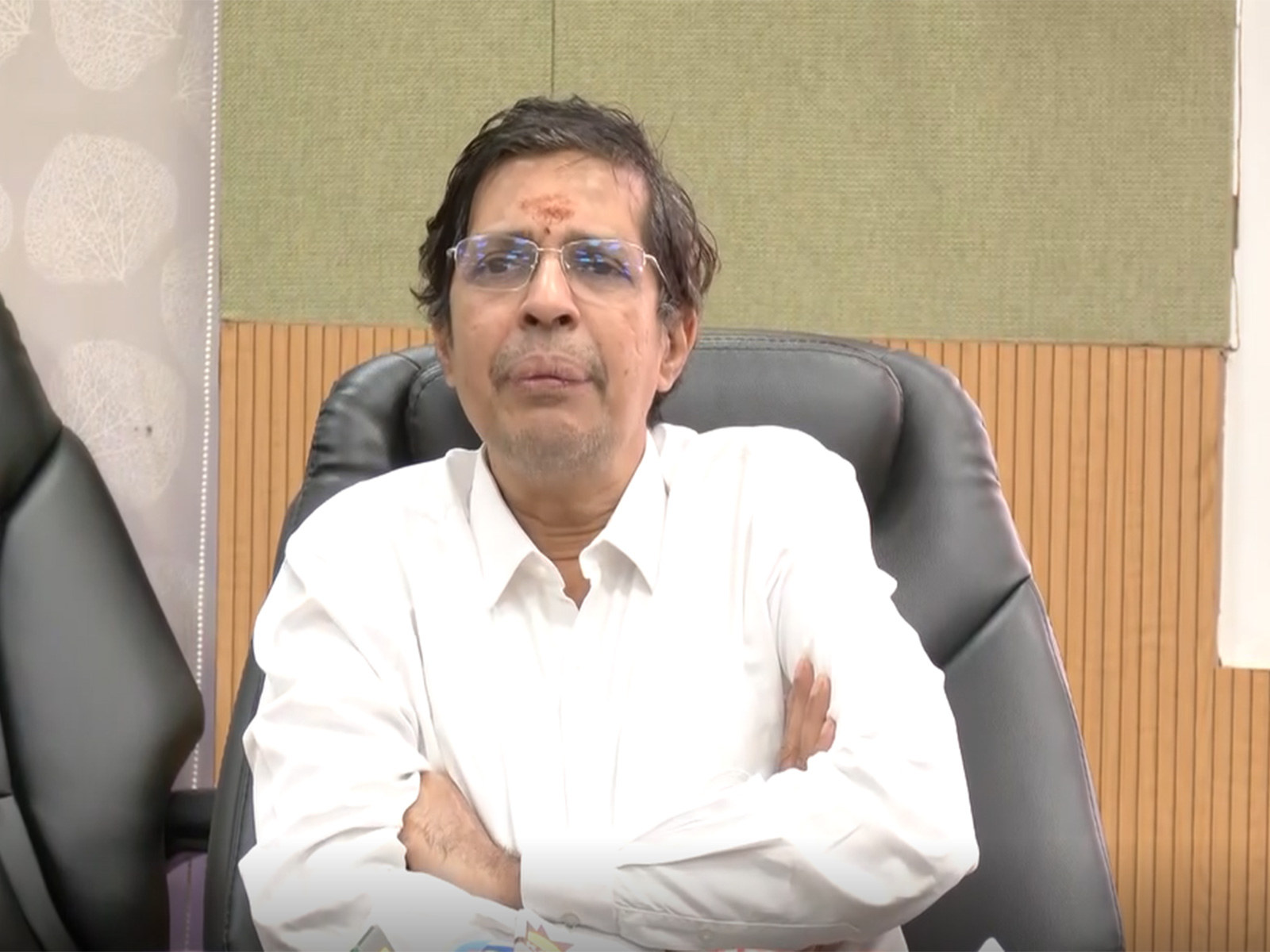
"Start making solutions which are indigenous...": IIT Madras Director V Kamakoti
Sep 20, 2025
Chennai (Tamil Nadu) [India], September 20 : Professor V Kamakoti, Director of Indian Institute of Technology Madras (IIT Madras), on Saturday urged students and institutions to focus on building "indigenous solutions" that would drive India towards becoming a technology-independent nation by 2047.
He said India had already achieved social independence in 1947, and now the goal should be "self-reliance" in technology.
"We have only one goal set in front of us. In 1947, we got social independence, and by 2047, we should have technology independence; that is extremely important, and we should proceed towards it. We have 22 years in front of us, and we should do certain things important for our nation," Professor Kamakoti said.
Professor Kamakoti pointed out that India was moving towards becoming a "product and patent nation", where ideas must be converted into start-ups. "Gone are the years waiting to get a patent, which has now been just a few days to get it. Patents must convert into start-ups. Today, institutions have a business incubation and innovation process," he said.
He stressed that building solutions "made in India" should come from the hearts of innovators, not just from government regulations. "Start making solutions which is indigenous and customer base. But make things that are made in India. Implementation of it is not from government regulations but from our hearts," he emphasised.
He recalled Prime Minister Narendra Modi's call during the COVID-19 pandemic, where he stressed the importance of indigenous solutions. He cited "Operation Sindhoor" and India's "Covid vaccines" as examples of "homegrown technologies" that had helped the nation.
Expressing confidence in the nation's future, he further added, "We need more global companies which have an HQ in India. By 2047, we will surely be Viksit Bharat."
He also referred to the "National Education Policy" (NEP) 2020, calling its multiple exit options and provision for dual degrees as crucial reforms for improving the country's Gross Enrolment Ratio (GER).
"Now, 72 per cent of students don't pursue higher education, which is not good for us. We must take a policy to take at least two students from rural India, and with that, we can have GER with 50 per cent in the coming years," he added.
Professor Kamakoti underlined India's demographic advantage and the need to transform it into a strength. "We are the youngest population and NEP has a parameter national average of 28 per cent in GER now, and in 2035, we need to have it as 50 per cent," he said.
Highlighting the rapid rise of Artificial Intelligence (AI), the IIT Madras director dismissed fears of job loss. "Today, AI will not remove jobs, but AI will make those who don't know what job is and are jobless," he said, stressing the need for sub-skilling in AI to prepare India's workforce for the future.
